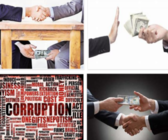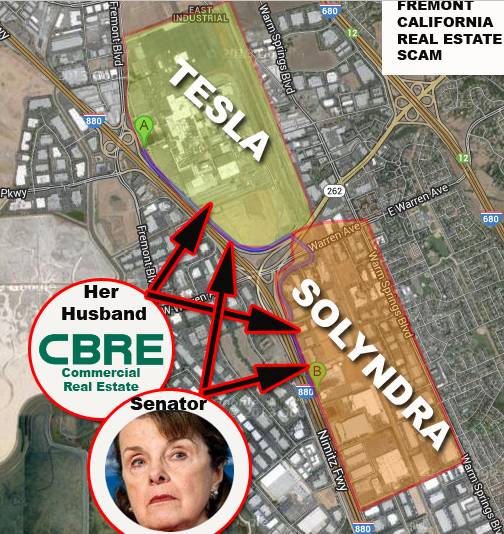Assange said Monday night, will expose damning evidence against a range of powerful entities and issues, like the military, the oil industry, the U.S. presidential race and Google.
If Assange’s claims about Google’s collusion with Clinton and the U.S. government are proven true by newly released documents, that could mean a whole new line of inquiry.







